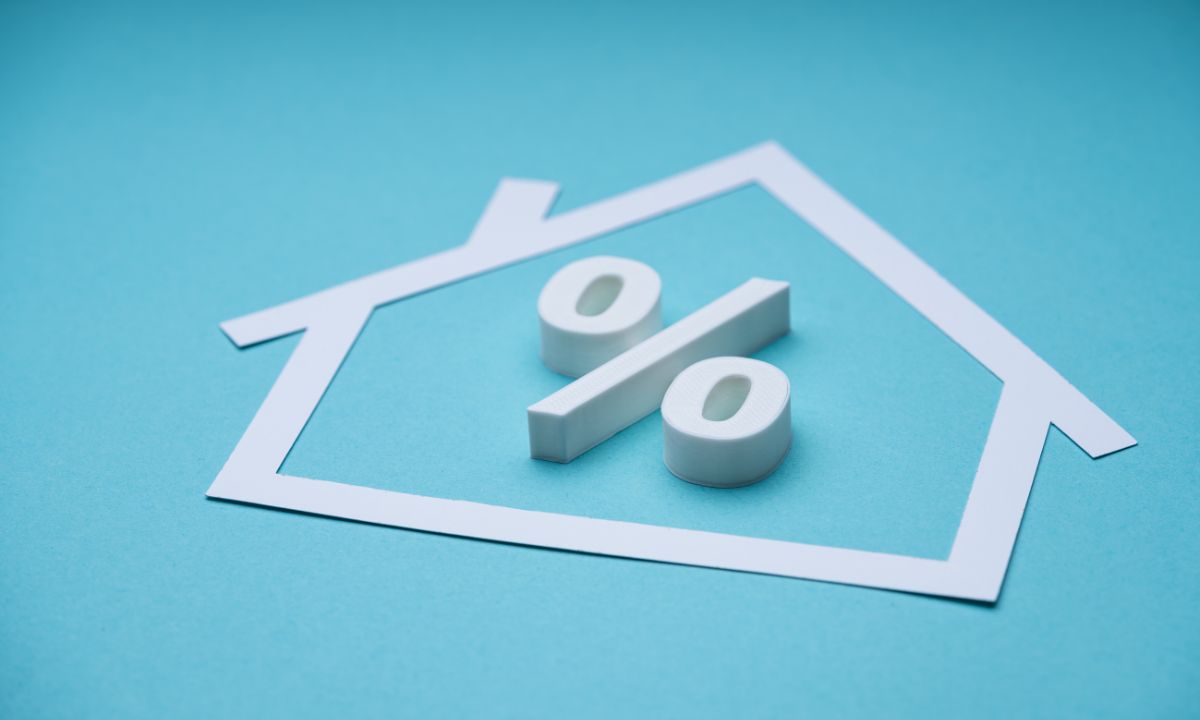The Impact of Interest Rate Changes on Your Mortgage Payment Over Time
 When it comes to mortgages, interest rates play a crucial role in determining your monthly payments and the total cost of your loan. While fixed-rate mortgages offer stable payments, adjustable-rate mortgages (ARMs) can fluctuate with market conditions, leading to significant variations in your financial obligations over time. Understanding how interest rate changes impact your mortgage can help you better prepare for the future.
When it comes to mortgages, interest rates play a crucial role in determining your monthly payments and the total cost of your loan. While fixed-rate mortgages offer stable payments, adjustable-rate mortgages (ARMs) can fluctuate with market conditions, leading to significant variations in your financial obligations over time. Understanding how interest rate changes impact your mortgage can help you better prepare for the future.
Fixed-Rate vs. Adjustable-Rate Mortgages
Fixed-rate mortgages offer a consistent interest rate throughout the life of the loan. This stability means your monthly payment remains unchanged, providing predictability and ease of budgeting. However, the trade-off is that fixed-rate loans often start with higher rates compared to the initial rates of ARMs.
Adjustable-rate mortgages (ARMs), on the other hand, have interest rates that adjust periodically based on market conditions. ARMs usually come with an initial fixed-rate period, after which the rate changes at set intervals, such as annually. The fluctuations in ARMs can significantly impact your monthly payments and overall loan cost.
How Interest Rate Changes Affect Your Payments
- Initial Period Changes: Most ARMs start with a lower interest rate than fixed-rate mortgages, which can make them attractive to borrowers looking for lower initial payments. For instance, an ARM with a 3% initial rate might offer lower payments compared to a fixed-rate mortgage at 4%. However, after the initial period—often 5, 7, or 10 years—the rate adjusts based on a specified index plus a margin set by the lender.
- Adjustment Periods: When the rate adjusts, it can lead to significant changes in your monthly payments. For example, if your ARM adjusts from 3% to 5%, your monthly payment will increase accordingly. This change can be substantial, especially if the loan term is long or if rates rise significantly.
- Rate Caps: ARMs typically have caps that limit how much the interest rate can increase at each adjustment period and over the life of the loan. While these caps provide some protection, they do not eliminate the risk of higher payments. For example, if your ARM has a cap of 2% per adjustment period, your rate could increase by 2% at each adjustment, potentially leading to higher payments over time.
Financial Impact Scenarios
- Rising Interest Rates: In a scenario where interest rates rise steadily, an ARM can become increasingly expensive. If you started with a 3% ARM and rates rise to 6%, your payments will rise accordingly. For a $300,000 loan, this could mean an increase from approximately $1,264 to $1,798 per month after the initial fixed period, translating to an additional $535 per month or $6,420 per year.
- Stable or Declining Rates: Conversely, if interest rates remain stable or decline, an ARM may still offer lower payments compared to a fixed-rate mortgage. For example, if your ARM’s rate stays at 3% or falls slightly, you could benefit from lower payments compared to the fixed rate’s higher payments.
- Long-Term Costs: Over the life of the loan, ARMs can sometimes end up costing more than fixed-rate mortgages if interest rates rise significantly. For instance, over a 30-year term, frequent rate increases can add up, resulting in a higher total loan cost compared to a fixed-rate mortgage with a higher, but stable, interest rate.
Understanding how interest rate changes affect your mortgage payments is crucial for managing your financial future. While ARMs can offer lower initial rates and payments, they come with the risk of increased payments as rates adjust. Fixed-rate mortgages provide stability but might start with higher rates. By considering your long-term financial goals and potential interest rate trends, you can make an informed decision that aligns with your financial situation and risk tolerance.

 In the world of mortgage lending, borrowers may come across a variety of terms and concepts that can be confusing. One such concept is cross-collateralization. While not as common as traditional single-property mortgages, cross-collateralization can be a powerful financial tool in certain situations. However, it also comes with unique risks that borrowers should understand. This article will explain what cross-collateralization is, how it works, and when it might be used in mortgage lending.
In the world of mortgage lending, borrowers may come across a variety of terms and concepts that can be confusing. One such concept is cross-collateralization. While not as common as traditional single-property mortgages, cross-collateralization can be a powerful financial tool in certain situations. However, it also comes with unique risks that borrowers should understand. This article will explain what cross-collateralization is, how it works, and when it might be used in mortgage lending. As a homeowner or prospective buyer, understanding the intricacies of mortgage management can save you time, stress, and potentially thousands of dollars. Two key concepts that often confuse borrowers are mortgage prepayment and mortgage payoff. While both strategies can reduce the overall interest paid and shorten the loan term, they function differently. Let’s break down what each term means and how they can affect your mortgage journey.
As a homeowner or prospective buyer, understanding the intricacies of mortgage management can save you time, stress, and potentially thousands of dollars. Two key concepts that often confuse borrowers are mortgage prepayment and mortgage payoff. While both strategies can reduce the overall interest paid and shorten the loan term, they function differently. Let’s break down what each term means and how they can affect your mortgage journey.